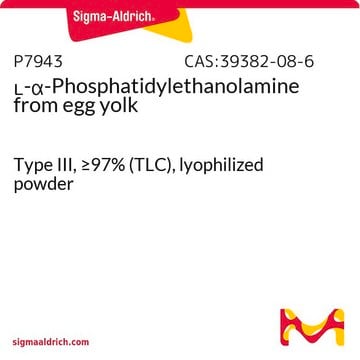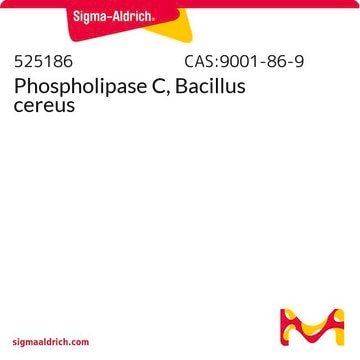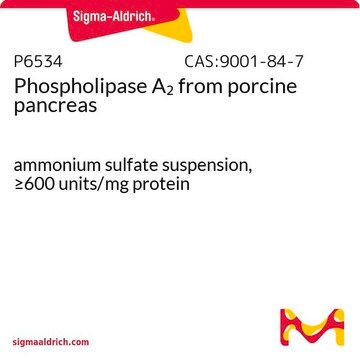870600C
Avanti
PAzePC
Avanti Research™ - A Croda Brand 870600C
Synonym(s):
1-palmitoyl-2-azelaoyl-sn-glycero-3-phosphocholine
About This Item
Recommended Products
form
liquid
packaging
pkg of 1 × 1 mL (870600C-1mg)
manufacturer/tradename
Avanti Research™ - A Croda Brand 870600C
concentration
1 mg/mL (870600C-1mg)
shipped in
dry ice
storage temp.
−20°C
SMILES string
[O-]P(OCC[N+](C)(C)C)(OC[C@]([H])(OC(CCCCCCCC(O)=O)=O)COC(CCCCCCCCCCCCCCC)=O)=O
InChI
1S/C33H64NO10P/c1-5-6-7-8-9-10-11-12-13-14-15-18-21-24-32(37)41-28-30(29-43-45(39,40)42-27-26-34(2,3)4)44-33(38)25-22-19-16-17-20-23-31(35)36/h30H,5-29H2,1-4H3,(H-,35,36,39,40)/t30-/m1/s1
InChI key
GHQQYDSARXURNG-SSEXGKCCSA-N
General description
Application
Biochem/physiol Actions
Packaging
Legal Information
Signal Word
Danger
Hazard Statements
Precautionary Statements
Hazard Classifications
Acute Tox. 3 Inhalation - Acute Tox. 4 Oral - Carc. 2 - Eye Irrit. 2 - Repr. 2 - Skin Irrit. 2 - STOT RE 1 Oral - STOT SE 3
Target Organs
Central nervous system, Liver,Kidney
Storage Class Code
6.1D - Non-combustible acute toxic Cat.3 / toxic hazardous materials or hazardous materials causing chronic effects
WGK
WGK 3
Flash Point(F)
does not flash
Flash Point(C)
does not flash
Choose from one of the most recent versions:
Certificates of Analysis (COA)
Sorry, we don't have COAs for this product available online at this time.
If you need assistance, please contact Customer Support.
Already Own This Product?
Find documentation for the products that you have recently purchased in the Document Library.
Our team of scientists has experience in all areas of research including Life Science, Material Science, Chemical Synthesis, Chromatography, Analytical and many others.
Contact Technical Service










